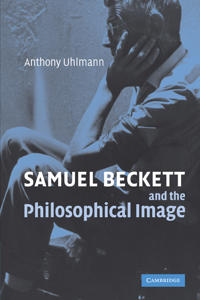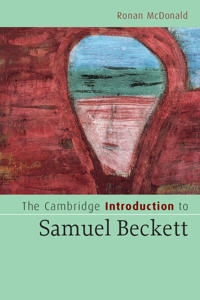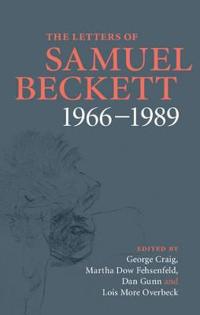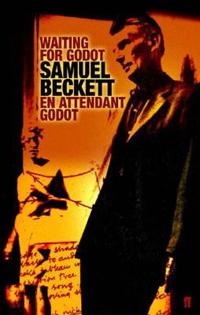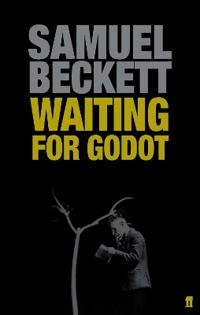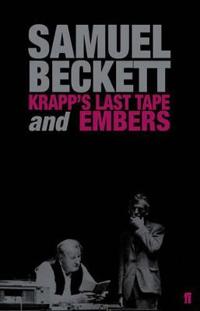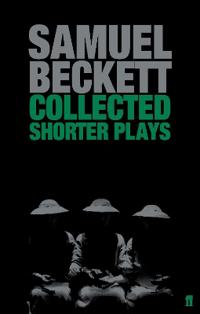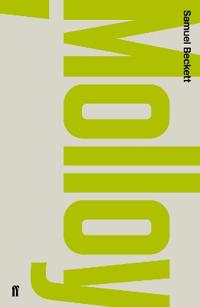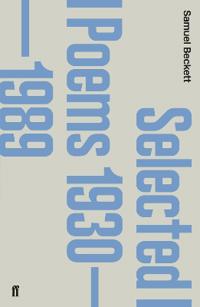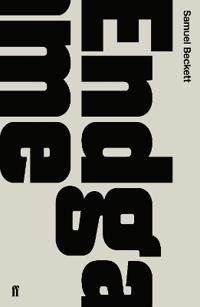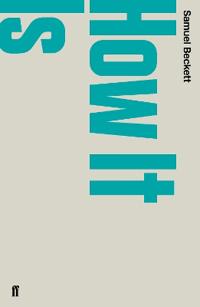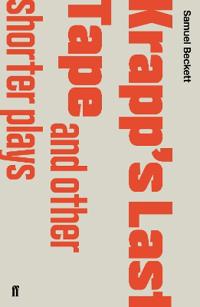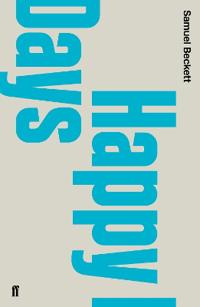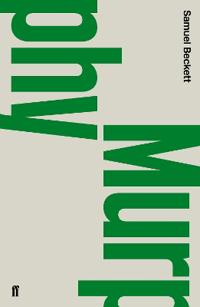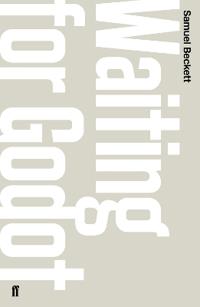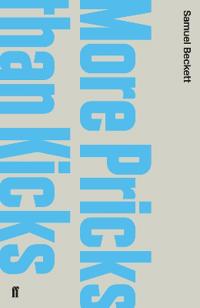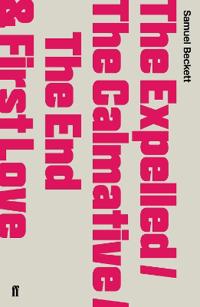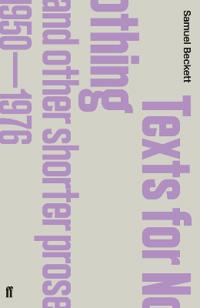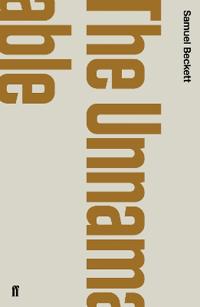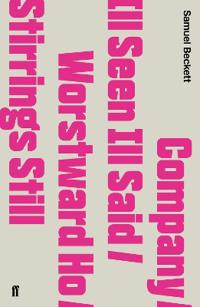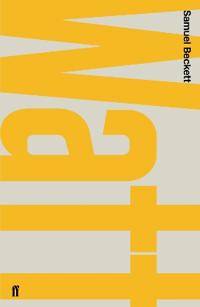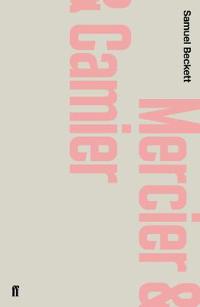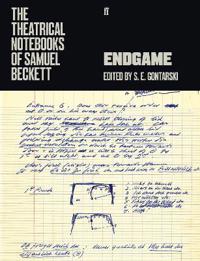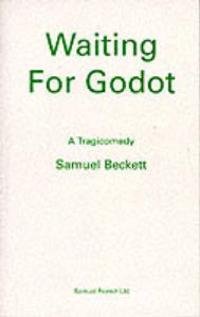Exiled in Paris: Richard Wright, James Baldwin, Samuel Beckett, and Others on the Left Bank (Övrig)
avJames Campbell
ISBN: 9780520234413 - UTGIVEN: 2003-02-01Exiled in Paris provides a compelling look at the personalities who fueled the literary and philosophical dramas of postwar Paris: James Baldwin, Alexander Trocchi, Boris Vian, Maurice Girodias, and many others. James Campbell provides a fresh look at Samuel Beckett's early career; reveals the facts[...]
Samuel Beckett and the Philosophical Image
ISBN: 9780521120128 - UTGIVEN: 2009-09Beckett often made use of images from the visual arts and readapted them, staging them in his plays, or using them in his fiction. Anthony Uhlmann sets out to explain how an image differs from other terms, like 'metaphor' or 'representation', and, in the process, to analyse Beckett's use of images b[...]
The Cambridge Introduction to Samuel Beckett (Häftad)
avRonan McDonald
ISBN: 9780521547383 - UTGIVEN: 200701This is an eloquent and accessible introduction to one of the most important writers of the twentieth century. This book provides biographical and contextual information, but more fundamentally, it also considers how we might think about an enduringly difficult and experimental novelist and playwrig[...]
The Letters of Samuel Beckett
ISBN: 9780521867962 - UTGIVEN: 2016-10This fourth and final volume, which completes the Cambridge edition of The Letters of Samuel Beckett, covers the final twenty-four years of what was, as Beckett saw it, a surprisingly long life. During these years he produced many of his finest and most concentrated works for theatre, plays that inc[...]
Waiting for Godot (Inbunden)
avSamuel Beckett
ISBN: 9780571229109 - UTGIVEN: 200609A play that is presented in two languages.
Waiting for Godot (Häftad)
avSamuel Beckett
ISBN: 9780571229116 - UTGIVEN: 200601'Nothing happens, nobody comes, nobody goes, it's awful.' This line was adopted by Jean Anouilh, to characterize the first production of "Waiting For Godot" at the Theatre de Babylone, in 1953. Anybody acquinted with Beckett's masterly black comedy would not question the recognition of this twentiet[...]
KRAPP'S LAST TAPE (Häftad)
avSAMUEL BECKETT
ISBN: 9780571229130 - UTGIVEN: 200601Performed by Patrick Magee, "Krapp's Last Tape" was produced at the Royal Court Theatre, in October 1958.[...]
Collected Shorter Plays (Häftad)
avSamuel Beckett
ISBN: 9780571229147 - UTGIVEN: 2006-01Contains all of Beckett's less-than-full-length works (or 'Dramaticules') for the stage, radio, and television. Arranged in chronological order of composition, this book presents shorter plays, which demonstrate the laconic means and compassionate ends of Beckett's dramatic vision.[...]
Molloy (Häftad)
avSamuel Beckett
ISBN: 9780571243716 - UTGIVEN: 2009-11Features the story of Molloy, old and ill, remembering and forgetting, scarcely human. This title also includes the tale of the spinsterish Moran, a private detective sent in search of Molloy, whose own deterioration during the quest joins in with the catalogue of Molloy's woes.[...]
Selected Poems, 1930-1988 (Häftad)
avSamuel Beckett
ISBN: 9780571243723 - UTGIVEN: 200911A selection of poems of Samuel Beckett, from "Whoroscope" (1930) to 'What is the Word' (1988).
Endgame (Häftad)
avSamuel Beckett
ISBN: 9780571243730 - UTGIVEN: 200905Originally written in French, this play gave its first London performance at the Royal Court Theatre in 1957.[...]
How it is (Häftad)
avSamuel Beckett
ISBN: 9780571243747 - UTGIVEN: 200911A novel in three parts, written in short paragraphs, which tell (abruptly, cajolingly, bleakly) of a narrator lying in the dark, in the mud, repeating his life as he hears it uttered - or remembered - by another voice.[...]
Krapp's Last Tape and Other Shorter Plays (Häftad)
avSamuel Beckett
ISBN: 9780571244560 - UTGIVEN: 2009-05Krapp's "Last Tape" was first performed by Patrick Magee at the Royal Court Theatre in October 1958. This volume brings together Krapp's "Last Tape" and Beckett's other shorter works or 'dramaticules' written for the stage. It is arranged in chronological order of composition.[...]
Happy Days (Häftad)
avSamuel Beckett
ISBN: 9780571244577 - UTGIVEN: 200905A work that was produced in London at the Royal Court Theatre in November 1962.
Murphy (Häftad)
avSamuel Beckett
ISBN: 9780571244584 - UTGIVEN: 200905Features a work-shy eponymous hero, adrift in London, who realises that desire can never be satisfied and withdraws from life, in search of stupor. Murphy's lovestruck fiancee Celia tries with tragic pathos to draw him back, but her attempts are doomed to failure. Murphy's friends and familiars are [...]
Waiting for Godot (Häftad)
avSamuel Beckett
ISBN: 9780571244591 - UTGIVEN: 200909Famously described by the Irish critic Vivien Mercier as a play in which 'nothing happens, twice', "En attendant Godot" was first performed at the Theatre de Babylone in Paris in 1953. It was translated into English by Samuel Beckett, and opened at the Arts Theatre in London in 1955.[...]
More Pricks Than Kicks (Häftad)
avSamuel Beckett
ISBN: 9780571244607 - UTGIVEN: 2009-09A set of ten interlocked stories, set in Dublin and involving their adrift hero Belacqua in a series of encounters, as woman after woman comes crashing through his solipsism.[...]
Expelled, The Calmative ; The End First Love (Häftad)
avSamuel Beckett
ISBN: 9780571244614 - UTGIVEN: 2009-11A selection of four stories or 'nouvelles' that date from 1945.
Texts for Nothing and Other Shorter Prose, 1950-1976 (Häftad)
avSamuel Beckett
ISBN: 9780571244621 - UTGIVEN: 2010-06Contains the short fictions - some of them no longer than a page - written and published by Beckett between 1950 and the early 1970s.[...]
Unnamable (Häftad)
avSamuel Beckett
ISBN: 9780571244645 - UTGIVEN: 200909The Unnamable - so named because he knows not who he may be - is from a nameless place. He speaks of previous selves ('all these Murphys, Molloys, and Malones...') as diversions from the need to stop speaking altogether.[...]
Company (Häftad)
avSamuel Beckett
ISBN: 9780571244737 - UTGIVEN: 200905Features four last prose fictions by Samuel Beckett that were originally published individually, and their composition spanned the final decade of his life. This edition also includes several short prose texts such as: "Heard in the Dark" III, "One Evening", "The Way", and, "Ceiling".[...]
Watt (Häftad)
avSamuel Beckett
ISBN: 9780571244744 - UTGIVEN: 200905Written in Roussillon during World War Two, while the author was hiding from the Gestapo, this title tells the tale of Mr Knott's servant and his attempts to get to know his master. Watt's mistake is to derive the essence of his master from the accidentals of his being, and his attempts to 'know' ul[...]
Mercier and Camier (Häftad)
avSamuel Beckett
ISBN: 9780571244751 - UTGIVEN: 2010-06A first post-war work of Samuel Beckett and his first novel in French.


